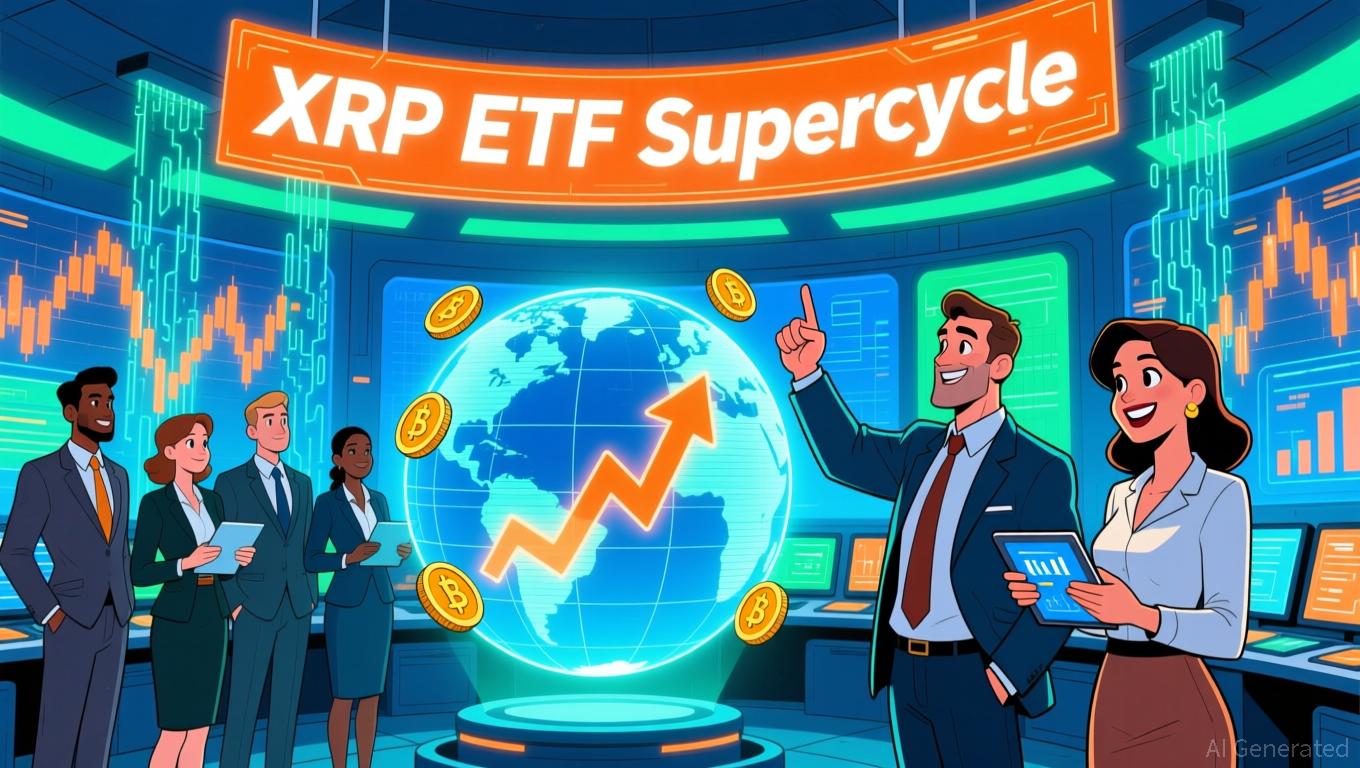Lista DAO Temporarily Pauses Platform Due to Abnormal Price Fluctuations
- Lista platform halted due to $YUSD fluctuations.
- User funds remain fully protected.
- Detailed investigation underway for stability confirmation.
Lista temporarily suspended operations due to abnormal $YUSD price fluctuations, ensuring all funds’ safety. The security team acted promptly, pausing the platform to prevent losses and maintain stability while investigating the cause.
Points Cover In This Article:
ToggleLista DAO has temporarily paused its platform operations after detecting abnormal price fluctuations in its collateral currency, $YUSD , to ensure the safety of user funds.
The event underscores the critical need for stable collateral in DeFi markets. Community reactions suggest confidence in Lista DAO’s risk management. The suspension affects $YUSD without broader market implications.
Security and Operations Response
Lista DAO’s security and operations teams identified unusual price changes in $YUSD. The platform suspension was a precautionary measure to protect user assets. With operations pending review, Lista aims for rapid resolution. As the Lista DAO Security Team stated:
“Our security team has detected abnormal price movement in one of the collaterals on Lista Lending ($YUSD). As a precaution, the Lista platform has been temporarily paused to ensure that all users’ funds remain fully protected. We are conducting a detailed investigation and will resume operations once everything is confirmed to be safe and stable.”
Involved in this situation are the Lista DAO security and operations teams taking swift action. Their leadership responded quickly, although specific leaders haven’t issued direct statements. The platform remains paused pending further investigation.
Impact on Lending Services
The abnormal price fluctuations of $YUSD impact lending services. Borrowing services within the ecosystem are also affected. However, broader financial markets report no noticeable effects due to the suspension of Lista operations.
The incident underscores the importance of collateral stability in decentralized finance. Events like these can trigger increased scrutiny on similar platforms. Community feedback, such as that from another community member , remains positive regarding Lista’s proactive risk management efforts:
“This kind of protocol is all we need. Imagine they detected something and paused the platform immediately to avoid losses.”
Potential Financial Outcomes
Historical precedents illustrate similar situations could lead to heightened regulatory interest. While no regulatory actions are directly linked, the DeFi space continues to face pressures for compliance. Outcomes may include enhanced safeguards and transparency in platforms like Lista.
Potential financial outcomes include tightened lending policies and reduced reliance on volatile assets. Historical trends suggest regulatory agencies may advocate for stricter guidelines. Technological improvements may involve enhanced monitoring systems to prevent future disruptions.
Disclaimer: The content of this article solely reflects the author's opinion and does not represent the platform in any capacity. This article is not intended to serve as a reference for making investment decisions.
You may also like
XRP News Update: XRP ETFs Debut Amid Price Decline: Institutional Optimism Faces Market Slump
- Four major asset managers-Franklin Templeton, Bitwise, 21Shares, and CoinShares-are launching spot XRP ETFs between November 18-22, signaling institutional confidence despite XRP's price drop below $2. - Franklin Templeton's $1.5T AUM entry and Bitwise's $22M trading volume highlight XRP's growing legitimacy in traditional finance, while 21Shares and CoinShares aim to boost liquidity through U.S. regulatory clarity. - Market reactions are mixed: XRP fell to $1.85 amid crypto downturn and whale selling (2

SOL's Steep 150% Value Decline Projected for Early 2025: An Examination of Core and Broader Economic Risks
- Solana (SOL) crashed 150% in early 2025 due to technical flaws, validator outages, and macroeconomic/regulatory risks. - March 2025 validator outages exposed Solana's RPC node overload vulnerability, eroding confidence in its fault tolerance. - Validator count dropped to 900 by 2025 from 2,500 in 2023, increasing systemic fragility during high-traffic periods. - Regulatory ambiguity and Fed policy shifts disproportionately hurt Solana compared to Bitcoin/Ethereum's clearer adoption paths. - The crash for
The Emergence of ICP Caffeine AI: Is It Shaping the Future of AI-Driven Productivity?
- DFINITY Foundation's ICP Caffeine AI repositioned as an AI cloud engine to capture the $1T cloud services market, leveraging natural language programming and a "chain-of-chains" architecture. - This shift drove a 56% ICP token price surge and partnerships with Microsoft and Google Cloud, despite a 22.4% Q3 dApp activity decline. - The platform's $237B TVL and cost-efficient AI inference for financial institutions position it against SaaS rivals like Palantir , though regulatory risks and scalability chal
Internet Computer (ICP) Rises Amid Increased Institutional Interest and Enhanced Smart Contract Features
- Internet Computer (ICP) gains traction as a Web3 infrastructure leader through institutional adoption, technical upgrades, and cross-chain partnerships. - Fission/Stellarator upgrades boost scalability by 50%, while Chain Fusion enables interoperability with Bitcoin , Ethereum , and Solana . - Institutional interest grows via NNS governance and Azure/Google Cloud alliances, driving $237B TVL but facing SEC regulatory risks. - ICP's AI integration and hybrid cloud solutions position it to capture $100B AI